| A lot of people take a book to bed, confident a few pages of text will help them nod off. That’s not me. As a reviewer, I take my reading far too seriously. Yet, settling down after dinner for two to three hours immersed in a book, I often wonder how long it will take for the words to blur, or for that jolt into wakefulness that signals the end of a micro-sleep. Why oh why? |
Welcome
I started this blog in 2013 to share my reflections on reading, writing and psychology, along with my journey to become a published novelist. I soon graduated to about twenty book reviews a month and a weekly 99-word story. Ten years later, I've transferred my writing / publication updates to my new website but will continue here with occasional reviews and flash fiction pieces, and maybe the odd personal post.
|
12 Comments
I wondered, initially, whether the fact that these two short novels include images would be sufficient reason to pair them in a post. But, while different in style, they’re both about identity (among other matters). In the first, a young man uses photographs he has inherited to try to understand the woman who kept them, as his own identity seems to merge with hers. In the second, an older man finds his identity as an illustrator losing out to his role as grandfather.
Two books about teenage girls forced from their homes in what initially appear to be very different circumstances. In the first, a fourteen-year-old Lithuanian is transported to the Siberian tundra in 1940; in the second, a nineteen-year-old is compulsorily admitted to a psychiatric hospital in mid-1950s England. The first memoir, the second fiction, both books are about the struggle to survive in alien environments.
I wouldn’t blame you if the opening has put you off my most recently published short story (or the length at over 3000 words) but, if you do choose to read it, you might be able to help me decide where, if anywhere, to take these ideas next.
When teenagers flee the family home to fend for themselves, they swap one kind of brutality for another. And while their troubled lives will have forced them to develop survival skills in some areas, they are often more vulnerable than their peers in others, such as emotional literacy. But real-life tragedy can make engrossing fiction as you’ll find if you let the young narrators of these two novels lead you into the wilderness: Jaxie in Western Australia and Sal and her younger sister in Scotland. For real-life youth homelessness, mostly in urban areas, Centrepoint (in the UK) is worth supporting.
No prizes for guessing why I’ve connected these two novels; I don’t think I’ve ever read another book with gravity in the title – although The Weightless World is about a antigravity machine – and then I find two published in the same month. But rest assured, they’re very different reads: in the first, Lotte feels a stronger pull towards the stars in the sky than her earthly attachments; in the second, love is a force that can furnish reconnections across continents and years.
Allow me to introduce you to two novels looking back on Ireland’s recent history through the eyes of a man whose life has been limited by secrets, subterfuge and hypocrisy.
I decided to pair these novels after reading blurbs suggesting both were about young women adapting to significant losses: the mother’s disappearance in Swimming Lessons and a close friend’s suicide in Our Magic Hour. But, on reading the latter, I felt the main character’s issues predated that particular tragedy, originating with a highly ambivalent mother in a difficult marriage. Unfortunately for the character, but very accommodating for my reading and blogging schedule, the same applies to the first novel. I hope one or both of these will appeal but, if not, you’ll find several other posts and reviews on the theme of family dynamics if you follow the link.
Every novel is comprised of different parts that writers, readers and reviewers hope will combine into a satisfying whole. My last two reviews of 2016 – before I reveal my favourites of the year – are of novels for which finding that coherence is a particular challenge, but extremely worthwhile if achieved. Both published this summer, neither seems to have attracted many reviews on Goodreads, but I’m impressed with both (albeit one more than the other) so I hope you’ll at least give my reviews a chance.
|
entertaining fiction about identity, mental health and social justice
Annecdotal is where real life brushes up against the fictional.
Annecdotist is the blogging persona of Anne Goodwin:
reader, writer, slug-slayer, tramper of moors, recovering psychologist, struggling soprano, author of three fiction books. LATEST POSTS HERE
I don't post to a schedule, but average around ten reviews a month (see here for an alphabetical list), some linked to a weekly flash fiction, plus posts on my WIPs and published books. Your comments are welcome any time any where. Get new posts direct to your inbox ...
or click here …
Popular posts
Categories/Tags
All
Archives
March 2024
BLOGGING COMMUNITIES
|
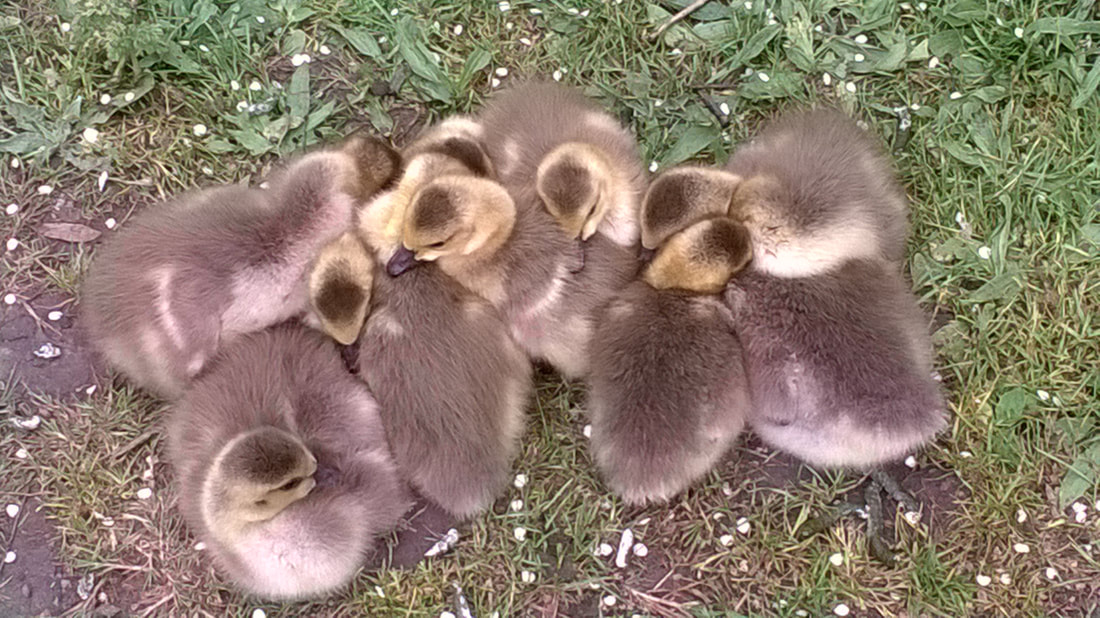


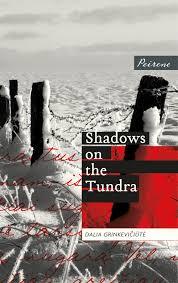
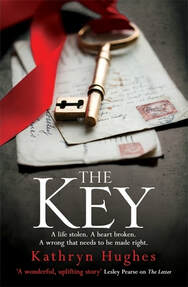
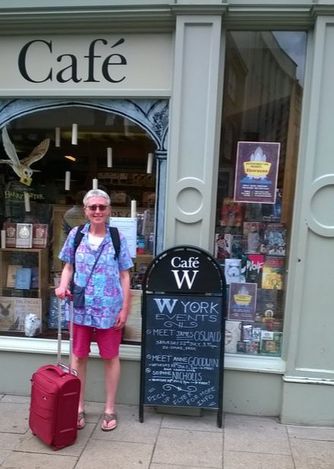

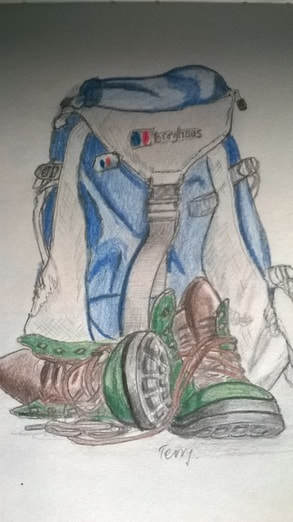
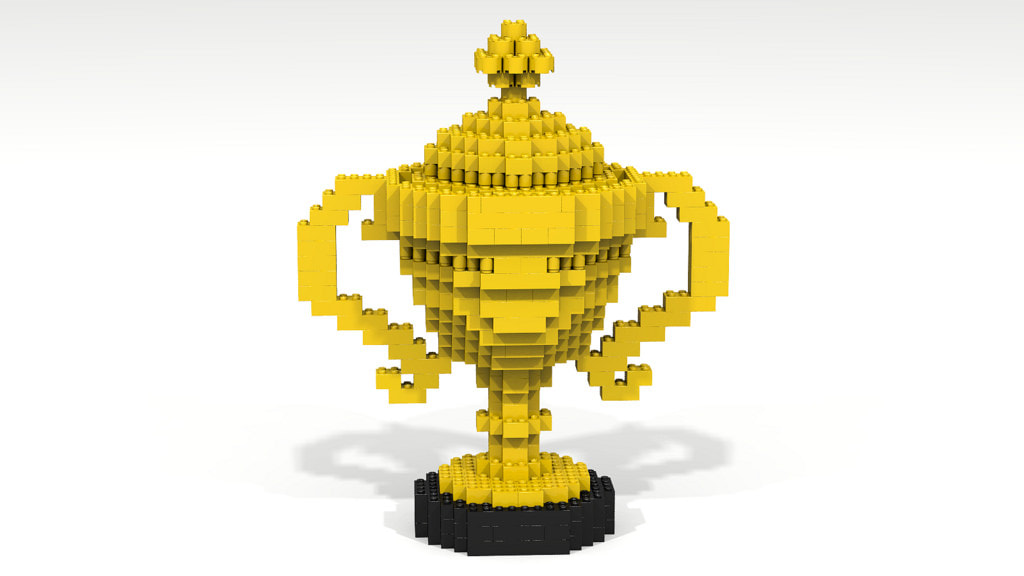
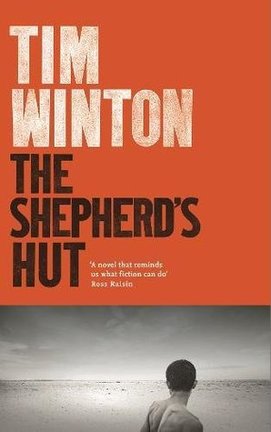
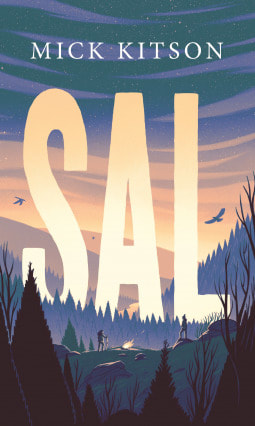
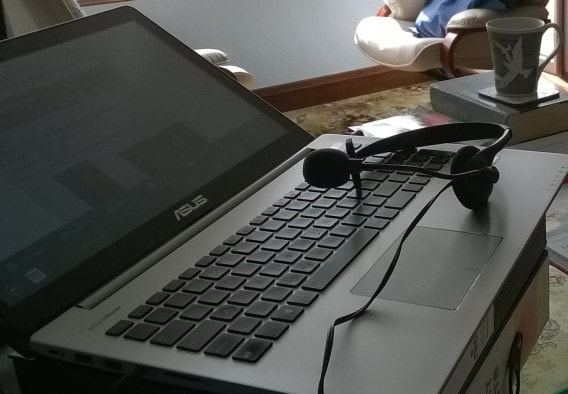
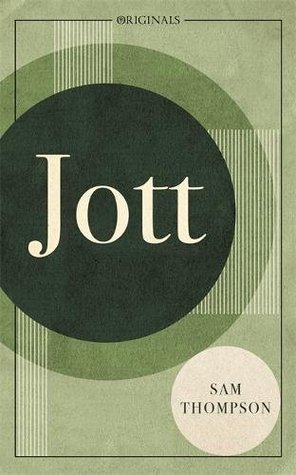
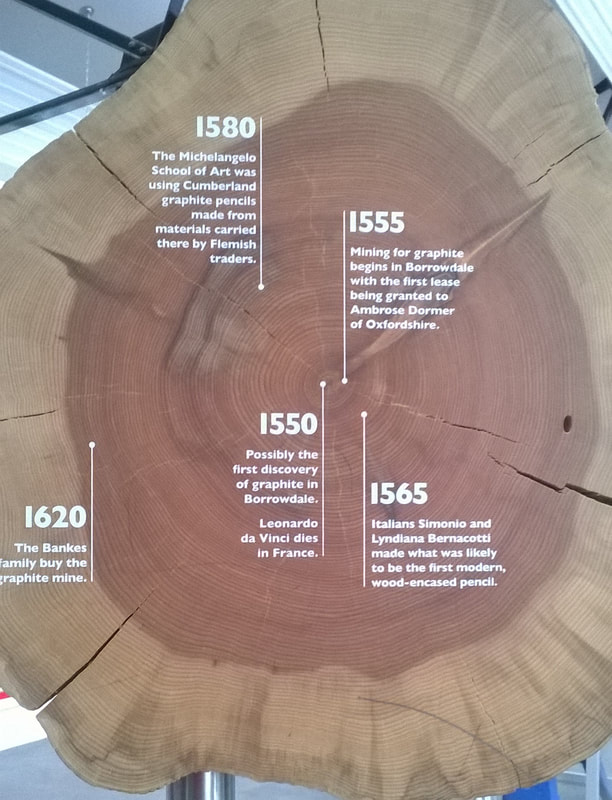
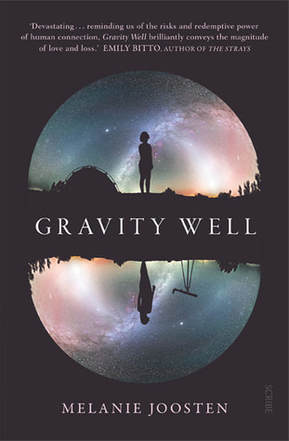
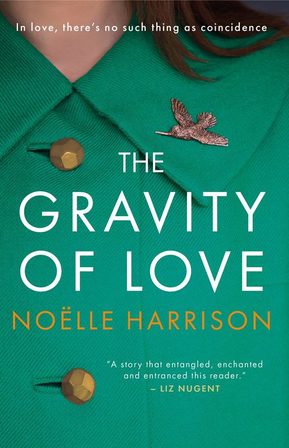
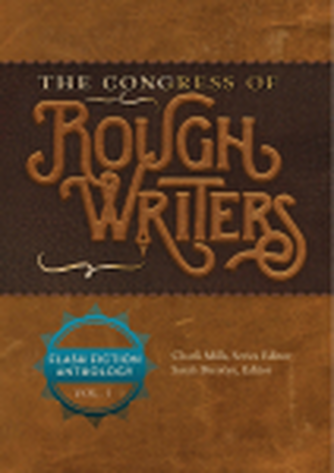
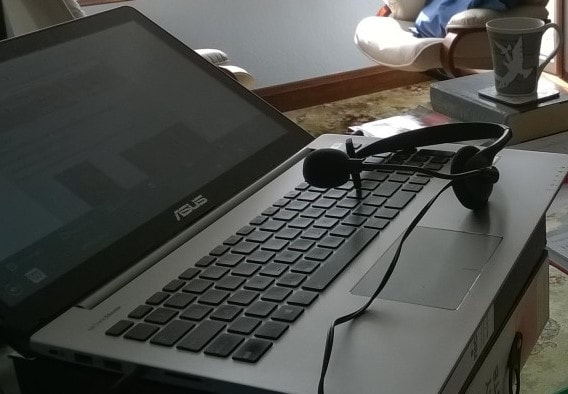

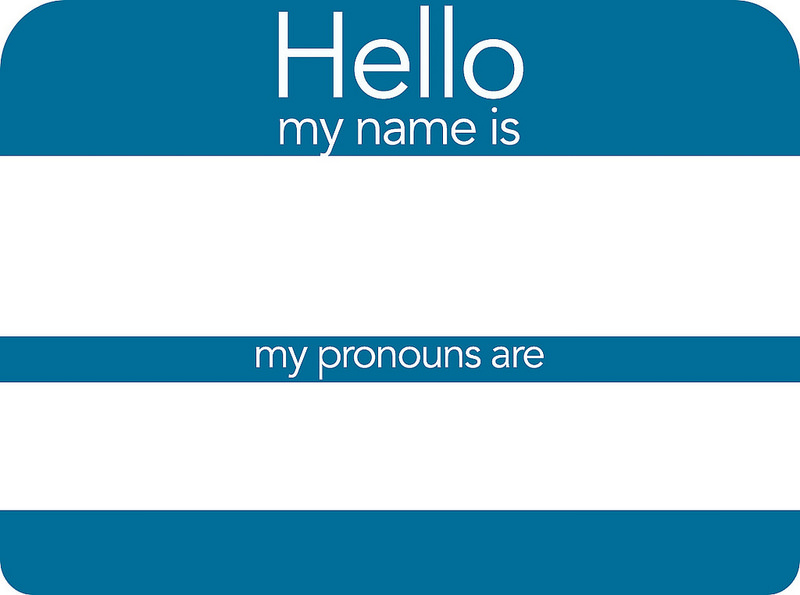
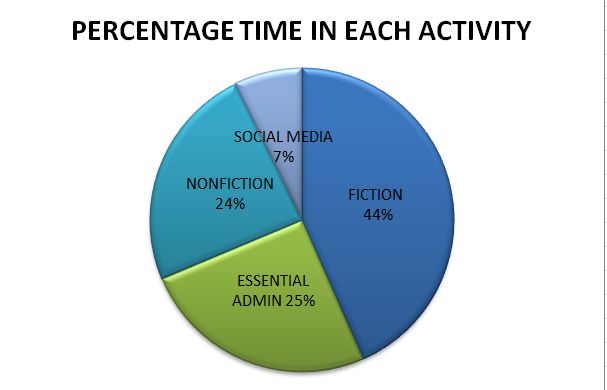
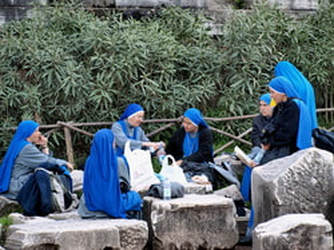
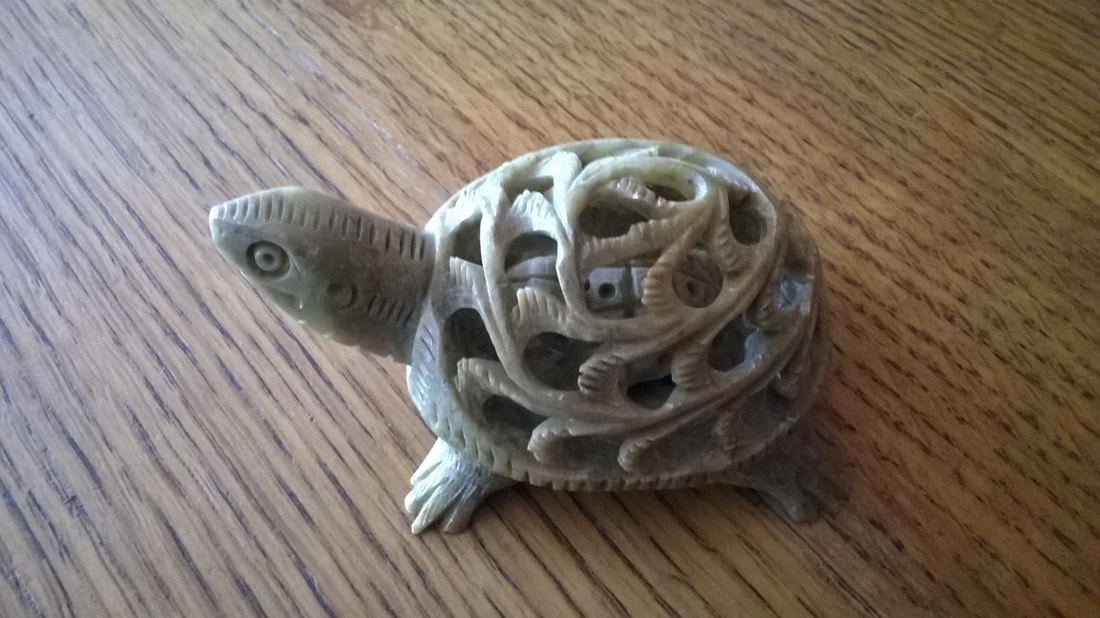
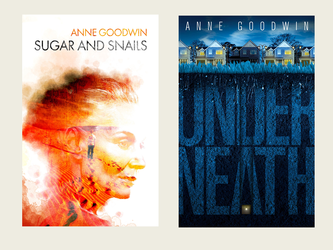
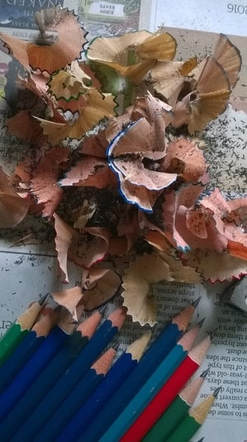
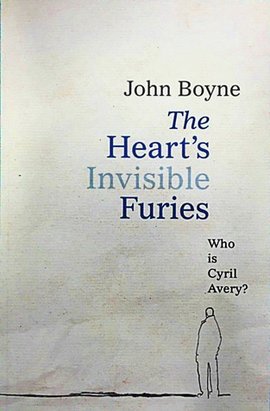
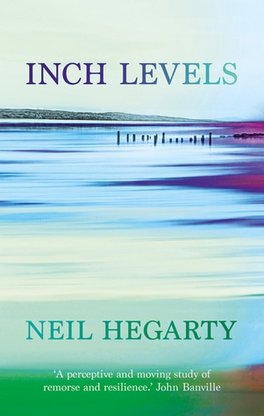
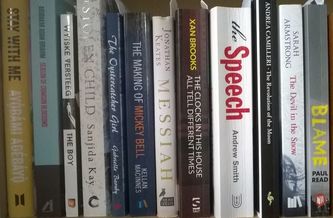
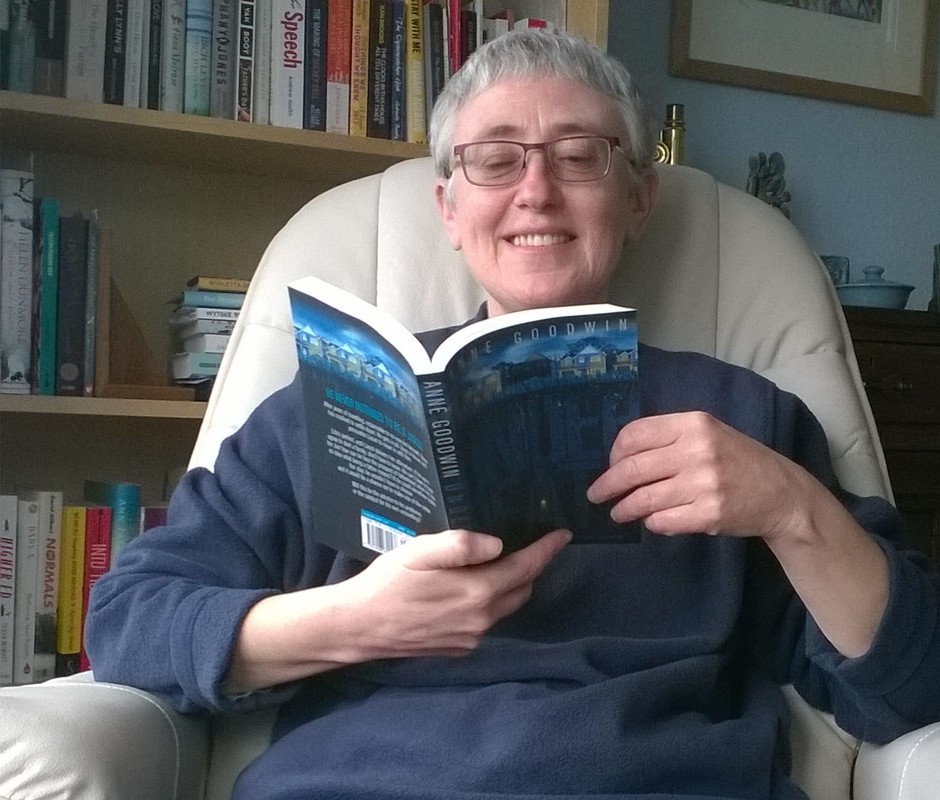
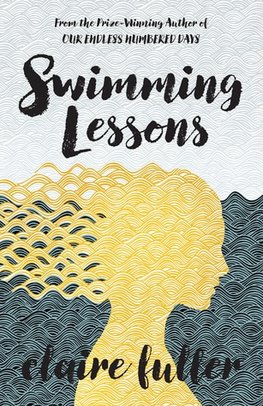
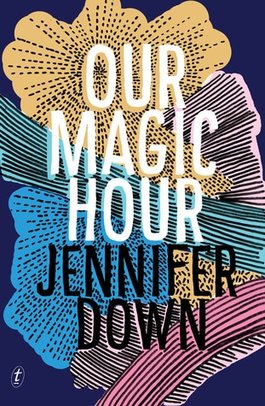
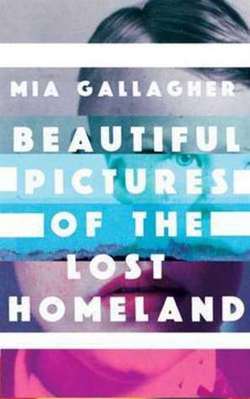
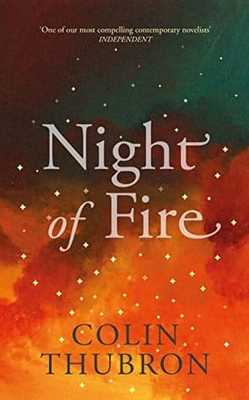





















 RSS Feed
RSS Feed





















